Experts recommend setting up a reserve fund equal to 3-6 months of expenses, then practicing investing in stocks directly or through open-end funds.
I just graduated and have been working for more than three years, with a salary of almost 15 million VND. My parents live in the countryside and have savings so they don’t need me to send money back. Thanks to that, I can easily save 150 million VND in idle money.
I currently want to use this money to invest for profit but I don't know where to start because I don't have solid knowledge in this field. Every month after deducting living expenses, I have about 5 million VND left. If I find a suitable investment channel, I will invest money regularly every month. Please give me some advice, experts.
Thien Trung

Stock trading at a trading point in District 1, Ho Chi Minh City. Photo: Quynh Tran
Consultant:
Because I do not have full information about your situation, I do not know if you have financial backup plans for yourself. Basically, everyone must have a plan for risks and unexpected events that may occur, interrupting their income, or even having to sell assets, borrow money to pay for medical expenses,education , and expenses for dependents. Therefore, you should first have a reserve fund of 3-6 months of expenses, or a financial product that can be used when facing unexpected problems.
I assume you do not have a financial backup plan. With current savings of VND 150 million, you need to build a backup fund (also known as an emergency fund) of about VND 60 million (6 months of spending). If you already own a financial product for risk protection purposes, the backup fund will be VND 30 million (3 months of spending).
The money in this reserve fund should only be used for emergencies and should not be withdrawn for any shopping or investment purposes. You should divide this amount into small amounts and deposit it into 1-month or 6-month term deposit accounts. Currently, banks have applied the form of partial settlement for term savings books, however, you need to check with the bank to see if your savings book is eligible.
Next, the remaining idle money is 90 million, with a monthly surplus of about 4-5 million VND. With your current income structure and financial situation (no financial dependents and a long time to retirement, about 35 years), the investment channel you can refer to is investing in the stock market using the asset accumulation method.
The stock accumulation method is a form of passive investment based on fundamental investment based on the value and growth of stocks in the portfolio. You regularly use your monthly surplus to buy stocks according to a pre-built plan. However, direct investment will take time to learn and equip knowledge.
Another way suitable for investors who do not have much knowledge and experience or are busy and do not have time to monitor the market every day is to invest in open-end fund certificates. Investing in open-end fund certificates is a form of indirect securities investment. Open-end funds have experienced investment experts who will invest money in stocks, bonds or other types of assets on your behalf. The main investment goal is to closely follow the performance of the index that the fund uses as a benchmark, such as the VN30-Index. Therefore, the investment period for open-end funds requires about 3-5 years, even 10 years, along with discipline and regular investment.
You should also note that, despite its many advantages, any investment fund will be affected by many factors. Investing in open-end fund certificates is also investing in the stock market, when the market is affected by laws, economic and political situations, etc., open-end funds will be similarly affected. In addition, internal factors of fund management companies also affect the fund's profit performance.
Some criteria for choosing an investment fund that you need to consider include the fund's capacity and reputation in the market, past profits, the suitability of the investment portfolio with your risk appetite, fund management service fees, and fund buying and selling transaction fees.
Regardless of which method you choose, if you are not familiar with investing in the stock market, you should invest with a low rate at first to understand the market and practice investing, then gradually increase the amount of money. In the future, when the accumulated amount increases or when there are changes in the financial situation, you can learn more about other investment channels such as gold, real estate, corporate bonds and other types of assets.
Finally, in addition to investing in the financial market, you should also consider allocating a portion of your idle money to invest in yourself, such as taking courses on skills and knowledge, to constantly improve yourself, update and stay ahead of new trends. Then, your active income, which is also an important source of income for you in the following years, will grow sustainably.
Ta Thanh Tung
Personal Financial Planning Expert at FIDT
Source link










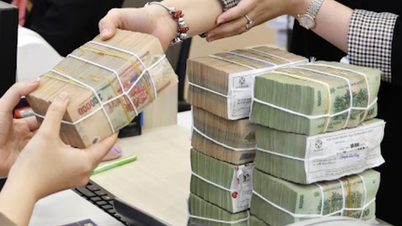

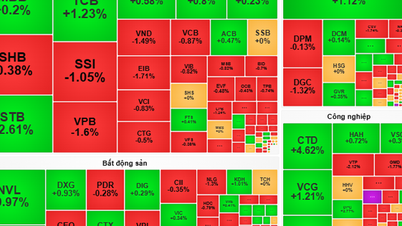
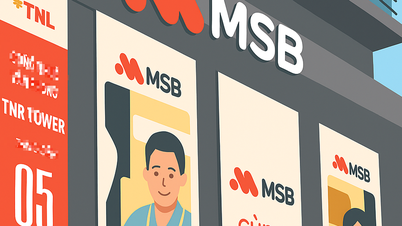






























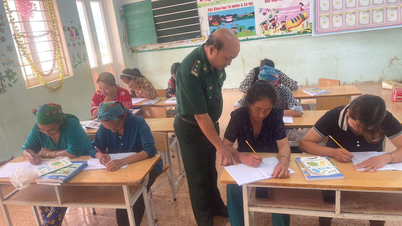





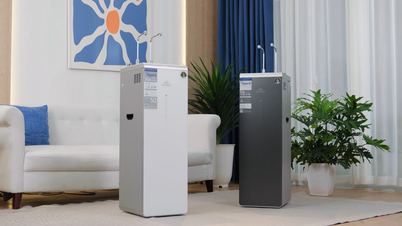







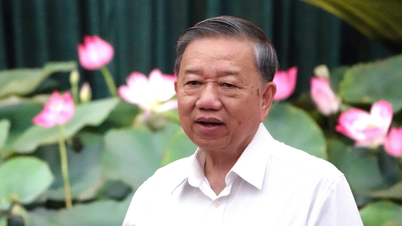












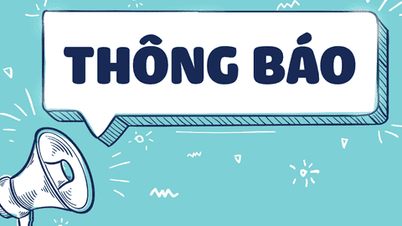







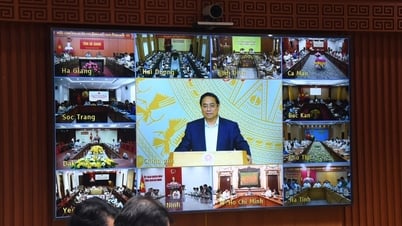


















Comment (0)